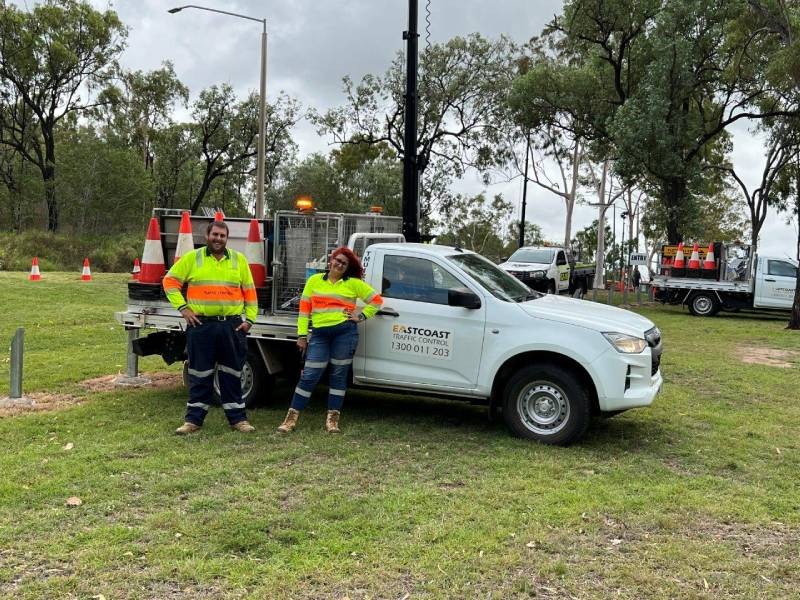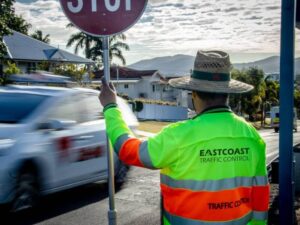Introduction
Traffic control isn’t just about managing the flow of vehicles; it’s about engaging with the people impacted by these traffic decisions. East Coast Traffic Control (ECTC) exemplifies this approach, prioritising community engagement as a key element of their traffic management strategies. This article delves into how ECTC collaborates with local communities, businesses, and authorities in Queensland and New South Wales, transforming traffic control into a partnership that benefits all.
The Essence of Community Involvement in Traffic Control
Why Community Engagement Matters
Traffic control impacts everyone – from the daily commuter to the local business owner. ECTC understands that a top-down approach isn’t enough. They know the importance of incorporating local insights into their traffic planning and management. By doing so, they not only tailor solutions to specific needs but also foster a sense of ownership and cooperation among community members.
Strategies for Effective Community Engagement
ECTC employs several strategies to ensure effective community engagement. Public consultations, collaborative planning sessions, and educational initiatives are just a few examples. These strategies allow for the exchange of ideas and concerns, leading to well-rounded, community-backed traffic solutions.
Benefits of Community-Engaged Traffic Management
Tailored Traffic Solutions
Each community has unique traffic challenges. ECTC’s community engagement approach ensures that these unique aspects are considered, leading to more effective and practical traffic control solutions.
Increased Road Safety Awareness
Through its engagement efforts, ECTC raises awareness about road safety. This educational aspect helps in building a culture of safety and responsibility, which is crucial for long-term traffic management success.
Fostering Shared Responsibility
Community engagement in traffic control fosters a sense of shared responsibility. It encourages community members to be part of the solution, leading to a more cohesive approach to traffic management.
ECTC’s Role in Community Engagement
Local Area Managers: Bridging the Gap
ECTC employs local area managers who serve as the bridge between the company and the community. These managers play a crucial role in understanding local needs and ensuring that traffic solutions are responsive and relevant.
24/7 Responsive Service
Understanding that traffic management needs can arise at any time, ECTC offers a 24/7 on-call service. This responsiveness further strengthens the trust between ECTC and the communities they serve.
Conclusion
East Coast Traffic Control’s approach to traffic management exemplifies the power of community engagement. By involving local communities in decision-making processes, they ensure that traffic solutions are not only effective but also welcomed and supported by those they impact the most. This partnership approach is a testament to ECTC’s commitment to being more than just a service provider – they are a vital part of the communities they serve.
FAQs
How does ECTC involve the community in traffic control planning?
ECTC employs strategies like public consultations and collaborative planning sessions to involve community members in traffic control planning.
What are the benefits of community-engaged traffic management?
Benefits include tailored traffic solutions, increased road safety awareness, and a sense of shared responsibility among community members.
Can community members provide feedback to ECTC?
Yes, ECTC encourages feedback from the community to improve their services and solutions.
Do ECTC’s services extend beyond traditional traffic control?
Yes, ECTC offers comprehensive traffic management services, including planning and educational initiatives.
How can I get involved in ECTC’s community engagement initiatives?
Contact ECTC to learn about upcoming community engagement opportunities and how you can contribute.





